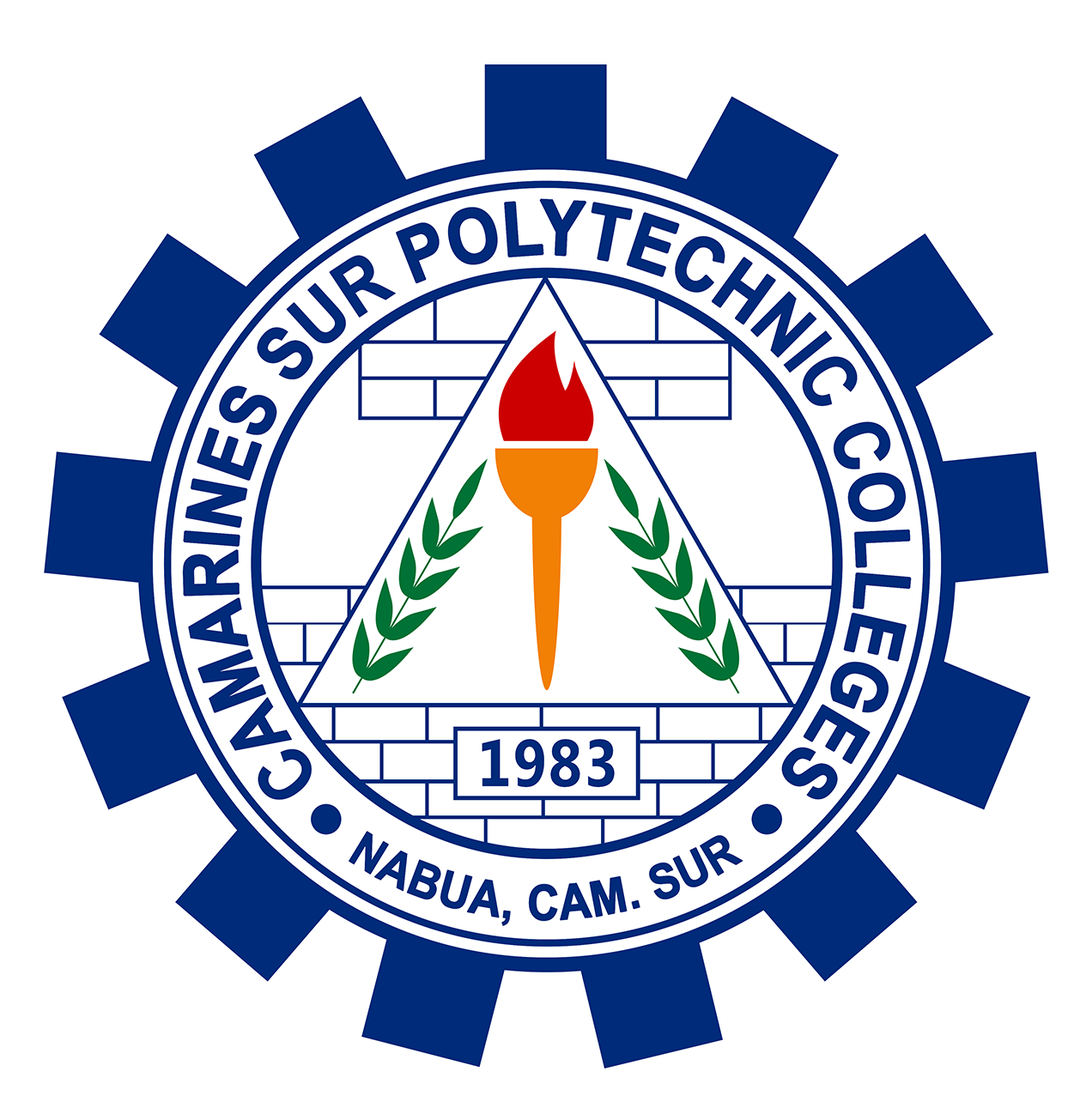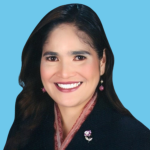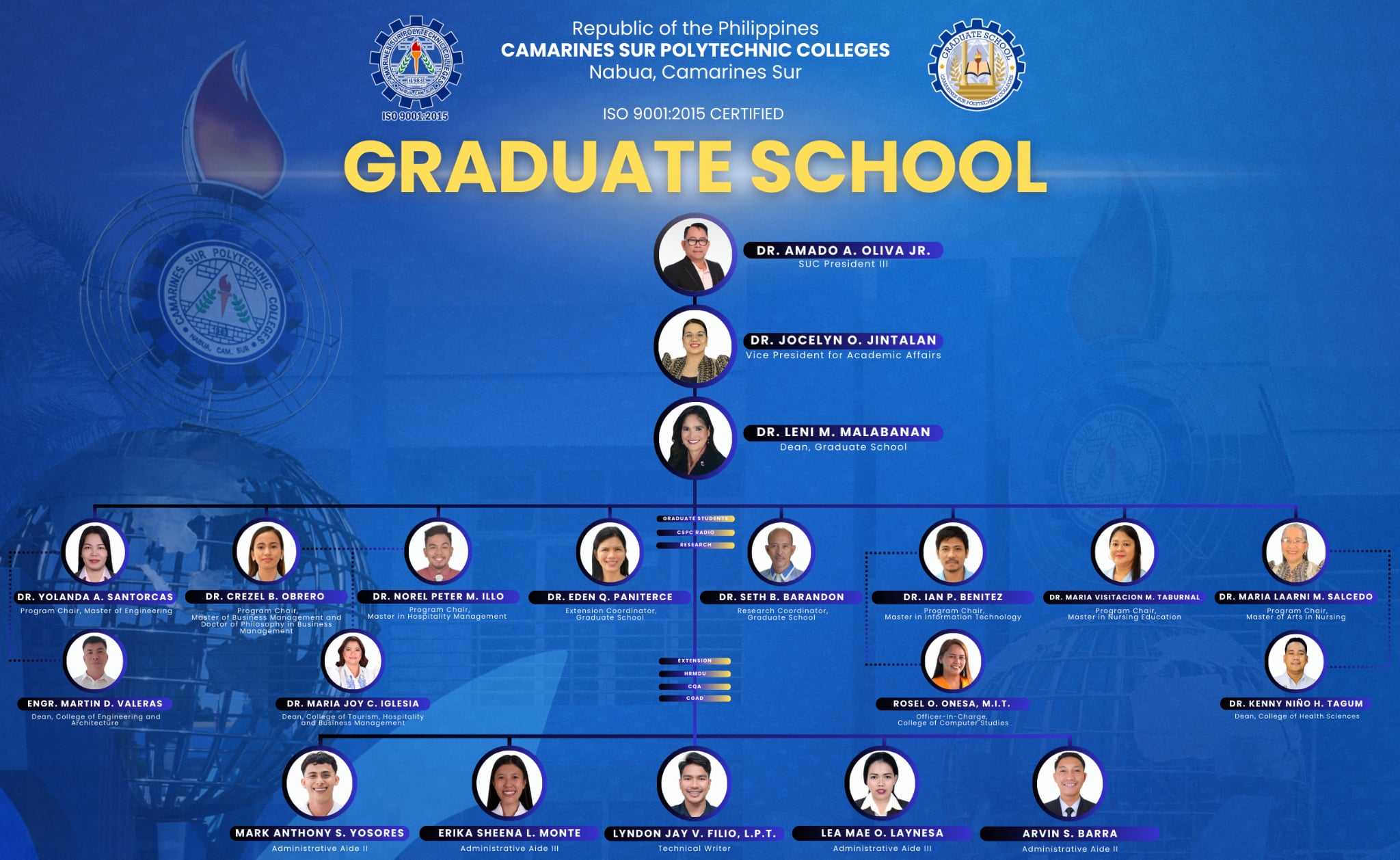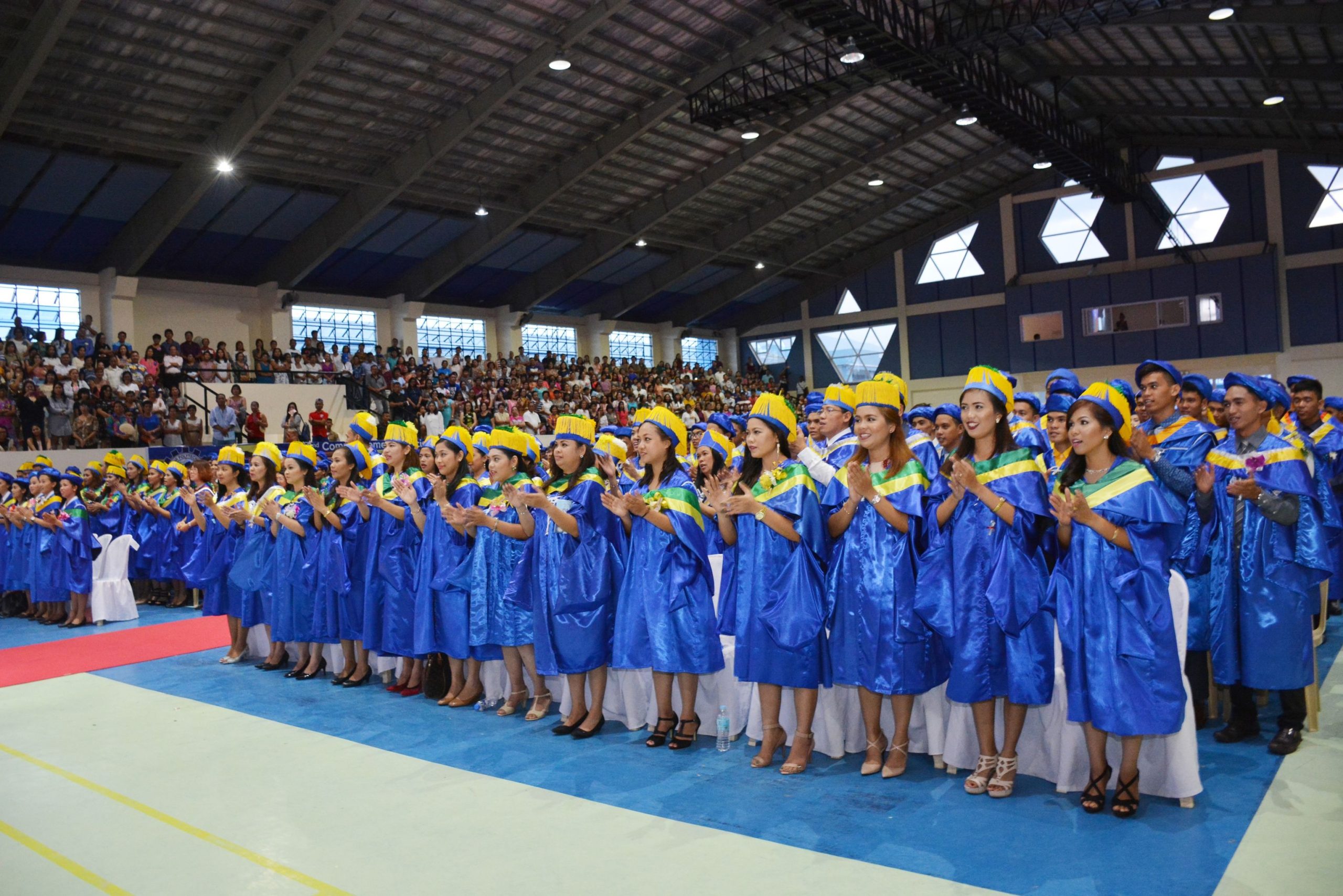INSTITUTIONAL LEARNING OUTCOMES
Critical Thinking and Problem Solving. Generate new knowledge and innovative technology responsive to local and global needs.
Results-Oriented. Exemplifies advanced research skills and active engagement in extension services for sustainable community development.
Professional Ethics. Adheres strictly to the highest ethics and policy standards both in their professional and personal behavior.
Lifelong Learning. Engages in a self-motivated pursuit of knowledge for active citizenship and self-sustainability.
Communication. Develops and expresses ideas through effective written, oral and visual communication for various academic and professional contexts.
Environmental Stewardship. Utilizes and manages all God-given resources through environmental-friendly initiatives in partnership with sustainable community linkages.
Global Industry Competitiveness. Demonstrates excellent skills to compete in a global job market and lead the development industries.
PROGRAM OUTCOMES
PO1: Advance nursing knowledge through the generation, synthesis, and critique of theoretical, empirical, and philosophical perspectives from nursing and related disciplines to advance nursing science and practice.
PO2: Demonstrate scholarly leadership in designing and conducting original, interdisciplinary research that contributes to the development of nursing science, nursing knowledge, education, practice, and policy that addresses complex health challenges.
PO3: Critically evaluate philosophical and scientific foundations that guide professional nursing inquiry and practice.
PO4: Contribute to the evolution of nursing epistemology through reflective, ethical, and interprofessional scholarship.
PO5: Exhibit transformative thinking and value-based leadership that influence the development of nursing as a discipline in a dynamic global context
COURSE OUTCOMES
CO1: Critically examine the major philosophical traditions and their relevance to nursing science.
CO2: Evaluate epistemological and ontological underpinnings of nursing theories and research paradigms.
CO3: Articulate a personal and professional philosophy of nursing grounded in theoretical and philosophical reflection.
CO4: Synthesize multiple philosophical perspectives to inform the advancement of nursing knowledge and practice.
CO5: Debate and justify philosophical positions in nursing from ethical, cultural, and interdisciplinary viewpoints.

 GOV.PH
GOV.PH






















